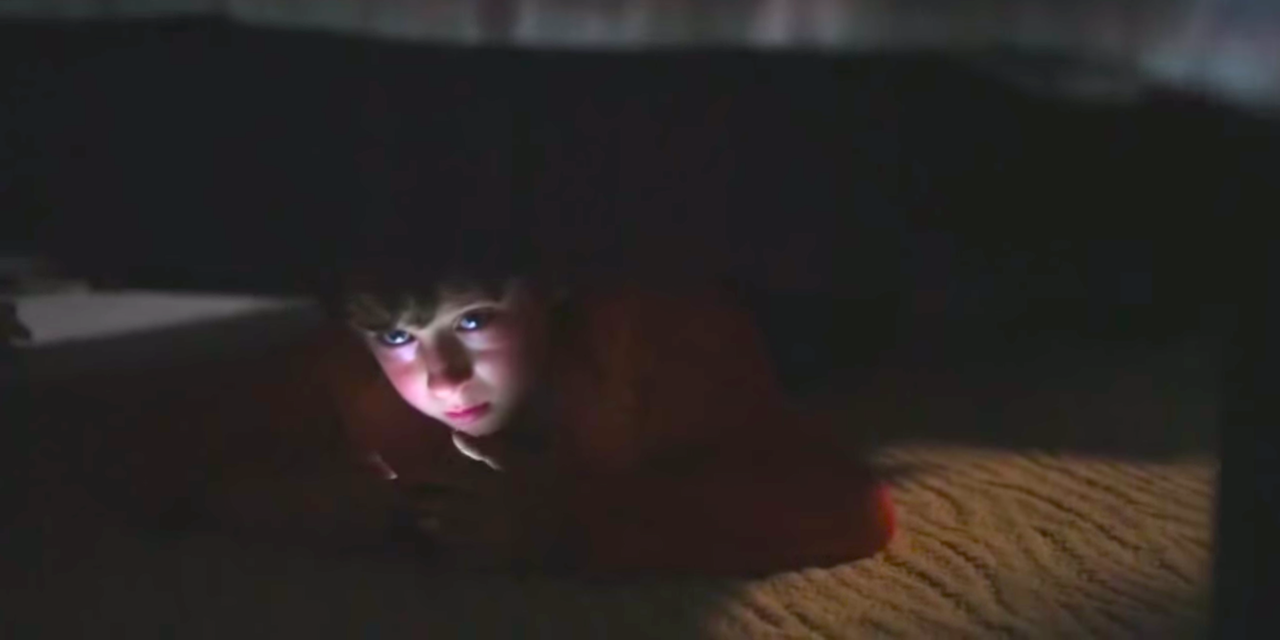A boy hides under his bed, while his abusive father screams “Where’s my phone? Who took it?” Lit only by the light of his smart phone, the boy dials Kids Help Phone.
That’s the scenario of a new online ad for Kids Help Phone. It ends with the text: “Every call is an act of courage. Help us answer.”
The campaign, which has the theme “courage is calling,” is focused on donors, says Corbin Andrews, vice-president of marketing, communications and community engagement at Kids Help Phone in Toronto. Most Kids Help Phone funding comes from corporations and individuals.
“We haven’t done a mass campaign since 2012, so we thought it was time to get out there in the market again and focus specifically on our fundraising efforts,” Andrews says.
The campaign primarily targets women age 48 and older who “tend to be the best givers in our donor files,” he says. They’re being reached through programmatic pre-rolls on lifestyle sites such as MSN. A concerted effort is also being made on Twitter and other social media.
The spot aims at getting potential donors excited about Kids Help Phone as a potential recipient of their charitable dollars, says Andrea Donlan, CEO of social change agency Manifest Communications, which created the campaign.
“Instead of focusing on the child as victim, we flipped it to focusing on the child as hero,” Donlan says. “It takes an enormous amount of guts for a child to reach out for help. We call on potential donors to reward that courage.”
Andrews says the spot honours and updates an early Kids Help Phone spot from the 1990s that showed an extension cord running into a locker.
The current campaign, which runs until mid-July, is a pilot. The aim is to expand the campaign in the fall and run it for a year with different facets, including radio PSAs. “At the moment, we’re just trying to feel out the market and see what kind of response we get,” Andrews says.
Also planned for the fall is an in-school awareness campaign aimed at getting kids to use its services.
Launched in 1989, Kids Help Phone now also offers chat services and an app called Always There that uses Google Maps technology helps kids find resources nearby.
Phone calls are answered by paid professionals in Toronto and Montreal and the service operates in both English and French. The service has a total of 90,000 “contacts” a year from kids across Canada, which includes emails and live chat.











